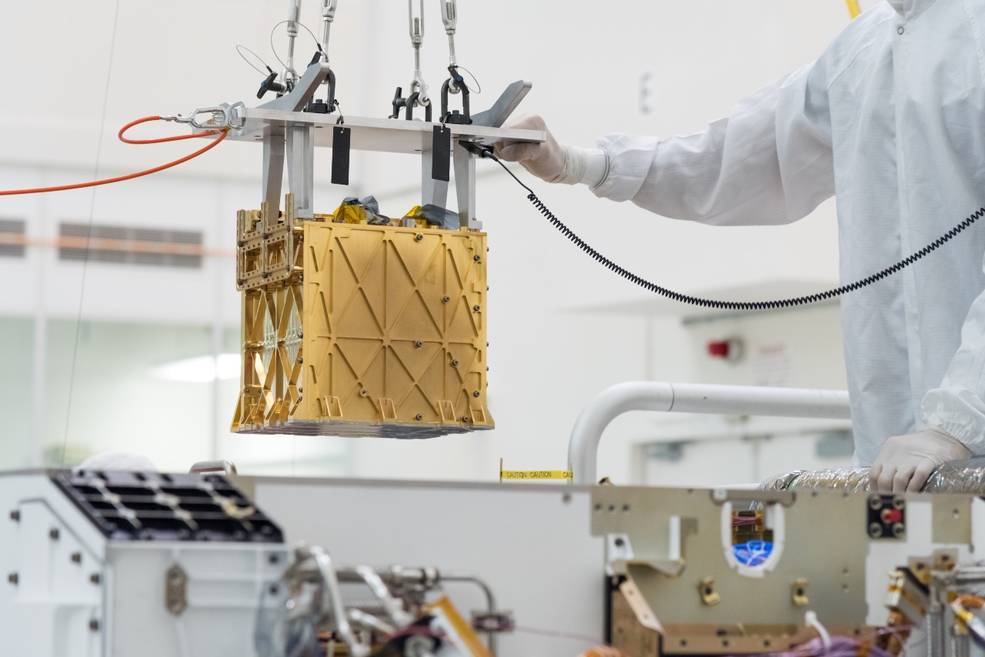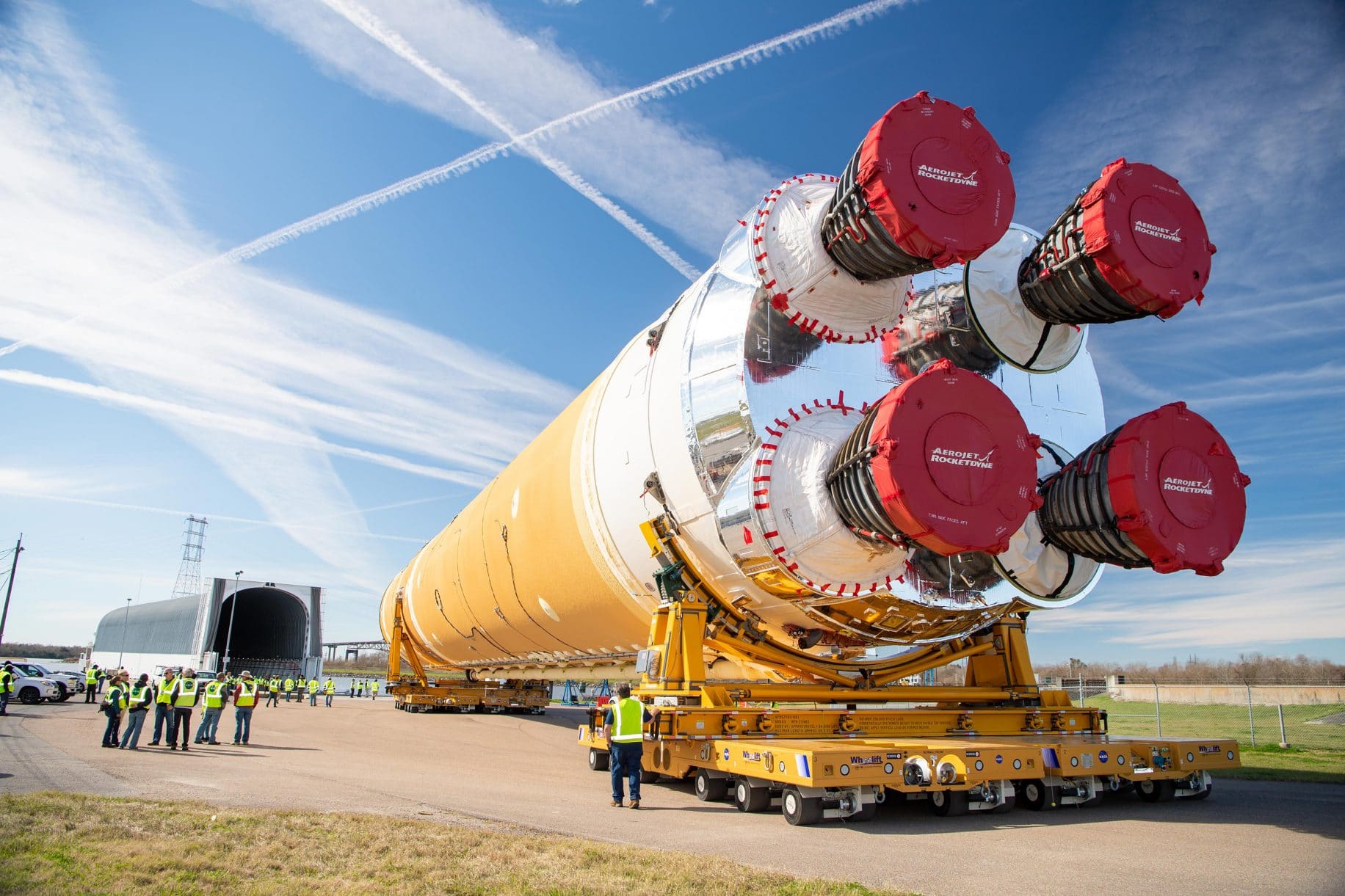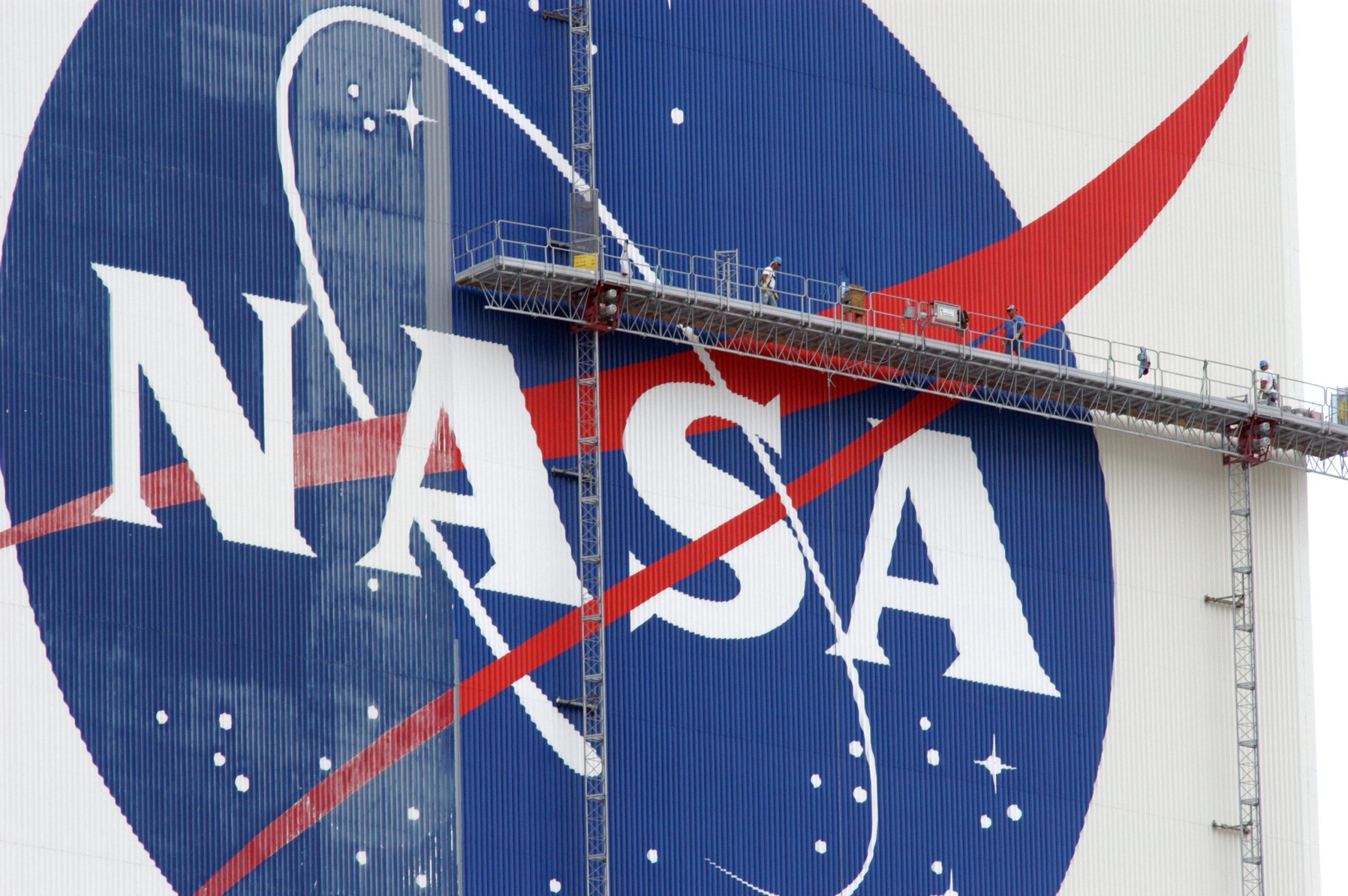The Mars 2020 mission featuring rover Perseverance on Mars and it’s lovable sidekick the helicopter Ingenuity have continued their hijinks on Mars. Meaning, science is going extremely well and to date their have been few if any setbacks in any parts of this mission so far.
Helicopter Ingenuity has made several flights now and the scientists and engineers are very confident in this new technology which has met and surpassed any and all expectations set for it. Ingenuity has made its first one-way mission and has relocated to a new airfield, leaving the Wright Brothers airfield behind. Ingenuity soared to a height of 10 meters which is the current record. The new airfield is 423ft. (129 meters) to the south and this flight represents the rotorcraft’s readiness for a new operations demonstration phase. This will include scouting, aerial observations of areas not easily accessible by Perseverance, and getting more detailed stereoscopic imaging from higher altitudes.
Further rigorous flights are planned and the engineers are currently parsing all the data received from the red planet so far concerning all of Ingenuity’s flight details and creating new flight plans, and brainstorming ideas that will put Ingenuity to the best possible use. Detailed maps of the terrain have also been collected and with Perseverance’s advanced stereoscopic imaging equipment the engineers back on Earth now have complete three-dimensional topical maps of the immediate area which will benefit all aspects of this mission and planning routes across the planet.
Moving on to another successful science experiment, MOXIE, the Mars Oxygen In-Situ Resource Utilization Experiment is the picture above that opened this article. This experiment was sent to Mars to test the viability of producing oxygen from the carbon dioxide-rich atmosphere. This technology demonstration is a key component in future missions to Mars. Oxygen is of course required for our astronauts to breathe on the Red Planet. Additionally, oxygen is one of the primary components of rocket fuel which will be required to get our astronauts back home. Hauling oxygen to Mars is just not viable as the amount required to keep astronauts healthy and to keep our spaceships fueled up is simply way in excess of what today’s rockets could possibly transport. Not to mention the extreme inefficiency of hauling 60,000 pounds of oxygen to Mars. Mars’s atmosphere is 96% carbon dioxide so there’s more than enough oxygen (carbon dioxide is composed of a carbon atom connected to two oxygen atoms) provided NASA’s engineers can extract that oxygen and preliminary tests are positive. MOXIE has only generated 5 grams of oxygen (that’s about 10 minutes of breathable oxygen for a human) so far but this is enough to prove that oxygen will be able to be extracted from the Mars atmosphere and engineers will be pouring over the voluminous amounts of data coming from Mars as they plan more efficient and higher volume oxygen production.
These were the couple milestones I wanted to talk about and if you’d like further information on this mission or any of NASA’s missions, read through the following quoted material and discover those links which will provide further detailed information.
More About Perseverance
A key objective of Perseverance’s mission on Mars is astrobiology, including the search for signs of ancient microbial life. The rover will characterize the planet’s geology and past climate, pave the way for human exploration of the Red Planet, and be the first mission to collect and cache Martian rock and regolith (broken rock and dust).
Subsequent NASA missions, in cooperation with ESA (European Space Agency), would send spacecraft to Mars to collect these sealed samples from the surface and return them to Earth for in-depth analysis.
The Mars 2020 Perseverance mission is part of NASA’s Moon to Mars exploration approach, which includes Artemis missions to the Moon that will help prepare for human exploration of the Red Planet.
NASA’s Jet Propulsion Laboratory in Southern California, which is managed for NASA by Caltech in Pasadena, California, built and manages operations of the Perseverance rover.
For more about Perseverance:
https://mars.nasa.gov/mars2020/
and



